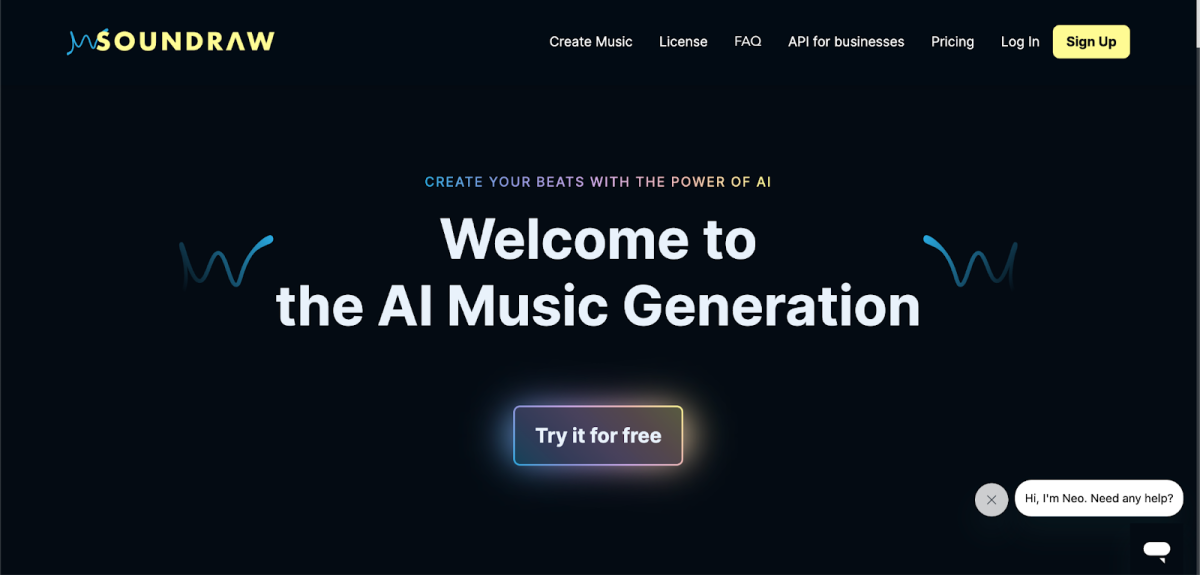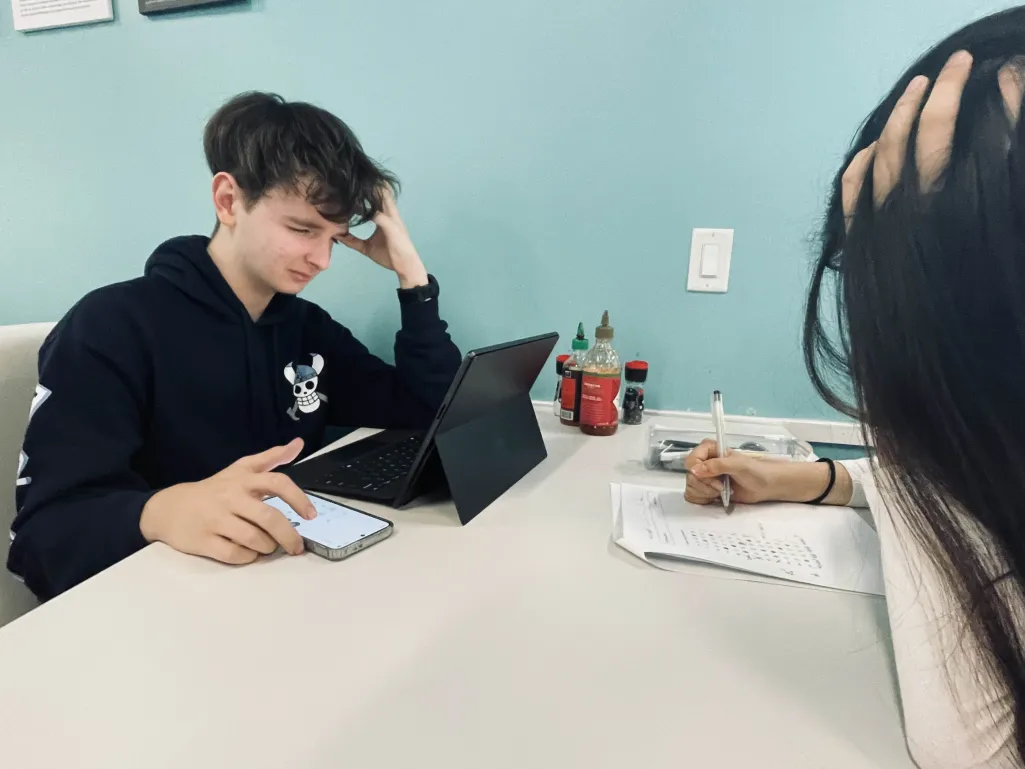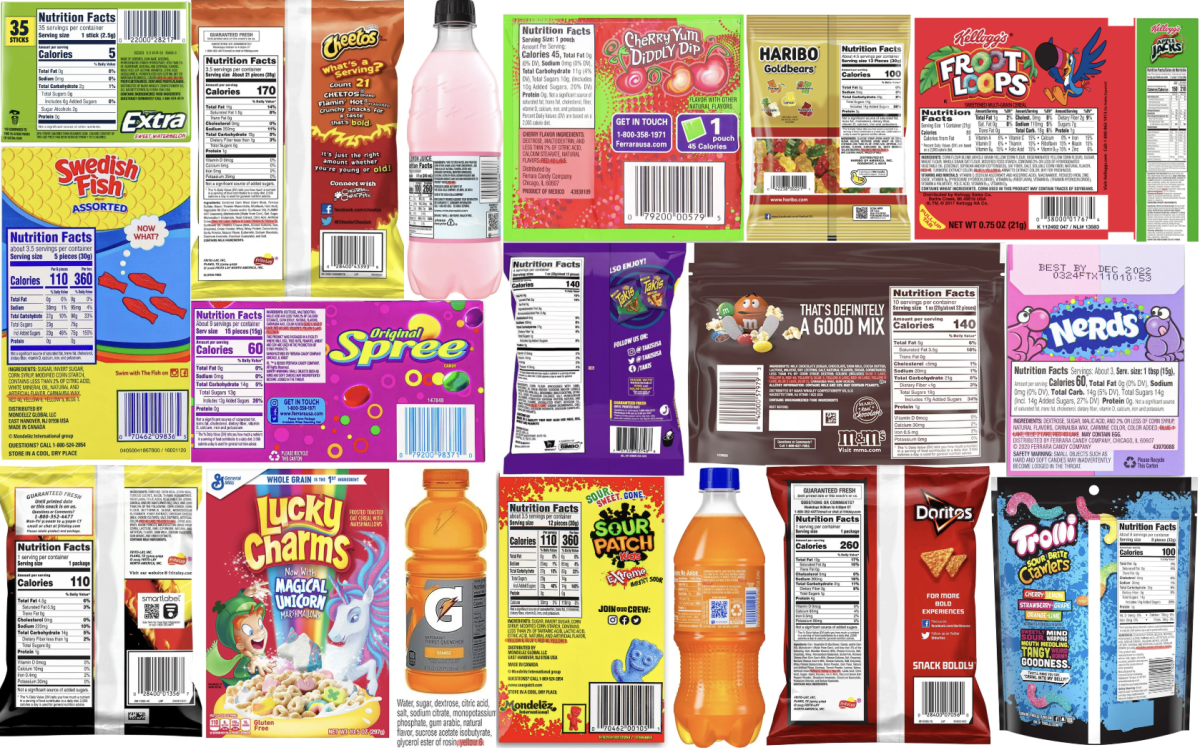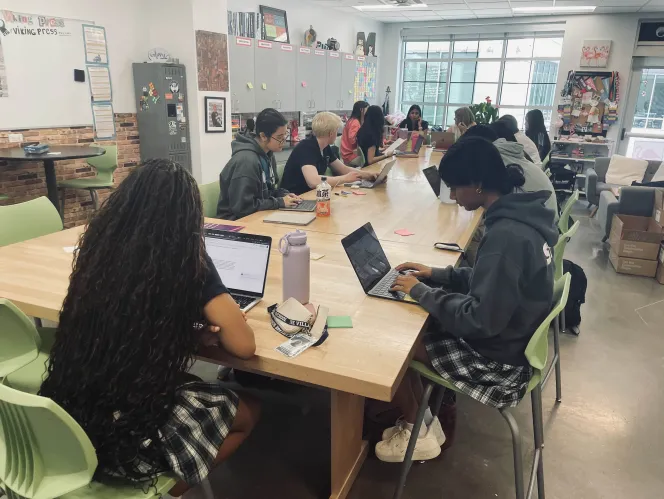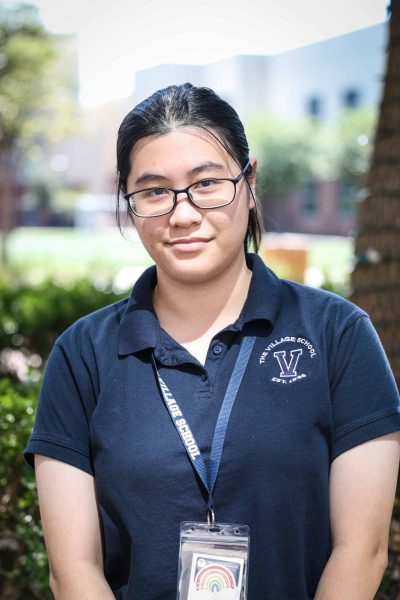Undoubtedly, there is always a relentless march of technological advancement in the music industry. Since artificial intelligence (AI)’s first introduction to this creative field, it has blurred the line between natural and artificial talent. As we stand on the verge of a new technological era, a new question has emerged – should we give AI a chance?
In April 2023, a new hit titled “Heart on My Sleeve” by Drake and The Weeknd rattled the music world because of the “legendary reunion” after their past bitter feud and diss tracks. However, the problem was that Drake and The Weeknd had nothing to do with this track. The song was completely generated by artificial intelligence that learned to mimic their voices. Although the song racked up 600,000 Spotify streams, 15 million TikTok views and 275,000 views from YouTube in just a few days, “Heart on My Sleeve” was later pulled from streaming services by Universal Music Group (label company of both Drake and The Weeknd). Their justification? “The training of generative AI using our artists’ music (which represents both a breach of our agreements and a violation of copyright law) as well as the availability of infringing content created with generative AI, begs the question as to which side of history all stakeholders in the music ecosystem want to be on: the side of artists, fans and human creative expression, or on the side of deep fakes, fraud and denying artists their due compensation,” said James Murtagh-Hopkins, senior vice president of communications of Universal Music Group. “We’re encouraged by the engagement of our platform partners on these issues as they recognize they need to be part of the solution.”
The legal questions surrounding these AI-generated songs have made the industry flounder for the last couple of years, and the “Fake Drake” controversy is only one example. However, not every case of AI presents legal and ethical concerns; artificial intelligence application in music production has created creative opportunities for a new music revolution.
Take the Beatles, for example. Thanks to modern technology, 45-year-old John Lennon’s demo “Now and Then” was brought back to life, officially closing the band’s final chapter. The song was released on November 2, 2023, under the name of “The Beatles,” featuring contributions from the entire quartet, including both John Lennon and George Harrison, even years after their passing. “Now and Then” was initially intended for release in 1995 during the remastering sessions for The Beatles’ Anthology but could not be completed due to technology limitations of the time preventing proper vocal extraction. Decades later, the released version features additional lyrics by McCartney and Lennon’s voice, which was extracted from the demo using the AI-backed audio restoration technology. Paul McCartney and Ringo Starr later placed them over their own musical recordings so that each of the four band members could contribute to this final song.
Just over a week after its debut, the melancholy tune “Now and Then” reached No.1 on the UK’s Official Singles Chart. This song is the fastest-selling single of the year so far in the UK, with 48,600 physical and download sales in its first week, as well as 78,200 combined UK chart units across sales and streaming, according to CNN. “To be honest, when I first heard the song, it was not as impressive or mind-blowing as I thought it would be,” said sophomore Harry Nguyen, a “Beatlemaniac” (very enthusiastic fan of the Beatles). “However, as I listened to it more, I started noticing McCartney’s delicate harmonies, the weaving of multiple eras of recordings into one, and the genius sampling of old Beatles tracks. It is a nostalgic and melancholy journey through time due to the losses of Lennon and Harrison, but underpinned by Giles Martin’s expert production, McCartney’s intricate harmonies, and Starr’s consistent drumming. This song totally feels like a bittersweet farewell from the Beatles to me and their fans.”
Despite the succession of “Now and Then”, the controversy still begins in the critics’ world with the AI adaptation in this song; where hundreds of conflicts are still being put on the titles, “Is this a moving homage or AI-generated cash grab?” by Decider or “A loving but dreary attempt to recapture the magic” by The Telegraph. No one will be able to answer this topic perfectly, even the Beatles themselves.
At the end of the day, the question is asked: “Should we give AI a chance?”. It is hard to imagine that in the future, our most popular songs will ever be entirely AI-generated. There’s always a connection to the artist in music, their “personal touch”- the human element that can’t be replaced. However, AI assistance is expected to help the music industry preserve the rich history of music and ensure that future generations can enjoy the same quality of music as us.
References:
Laura, S (2023, April 18, AI song featuring fake Drake and Weeknd vocals pulled from streaming services, theguardian.com. The Guardian. https://www.theguardian.com/music/2023/apr/18/ai-song-featuring-fake-drake-and-weeknd-vocals-pulled-from-streaming-services
Amarachi, O (2023, November 2), The Beatles’ ‘last’ song ‘Now and Then’ is released, cnn.com. CNN Entertainment. https://www.cnn.com/2023/11/02/entertainment/beatles-now-then-song-release-intl-scli/index.html

